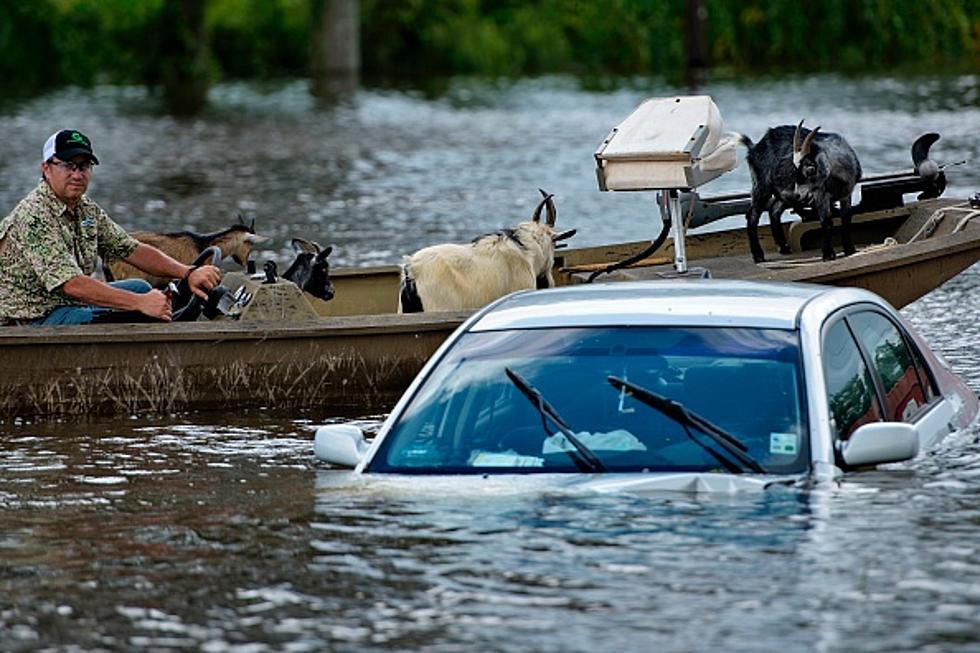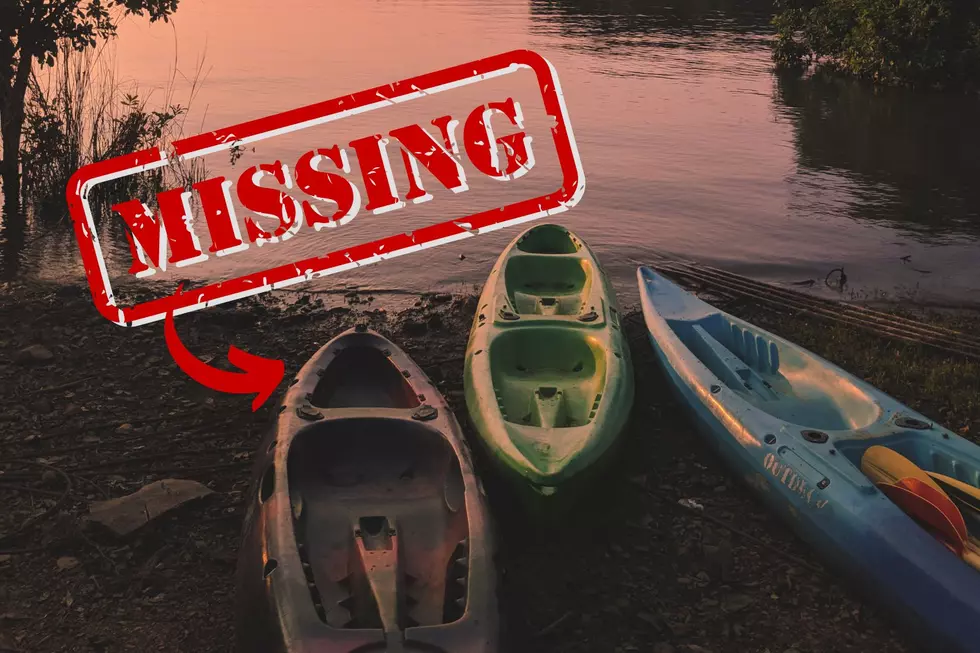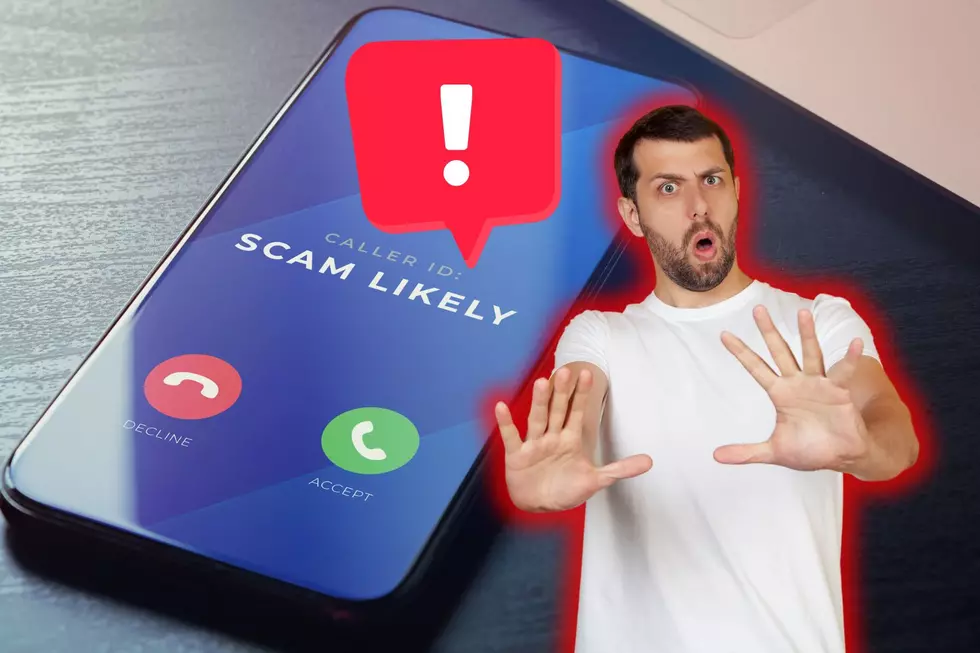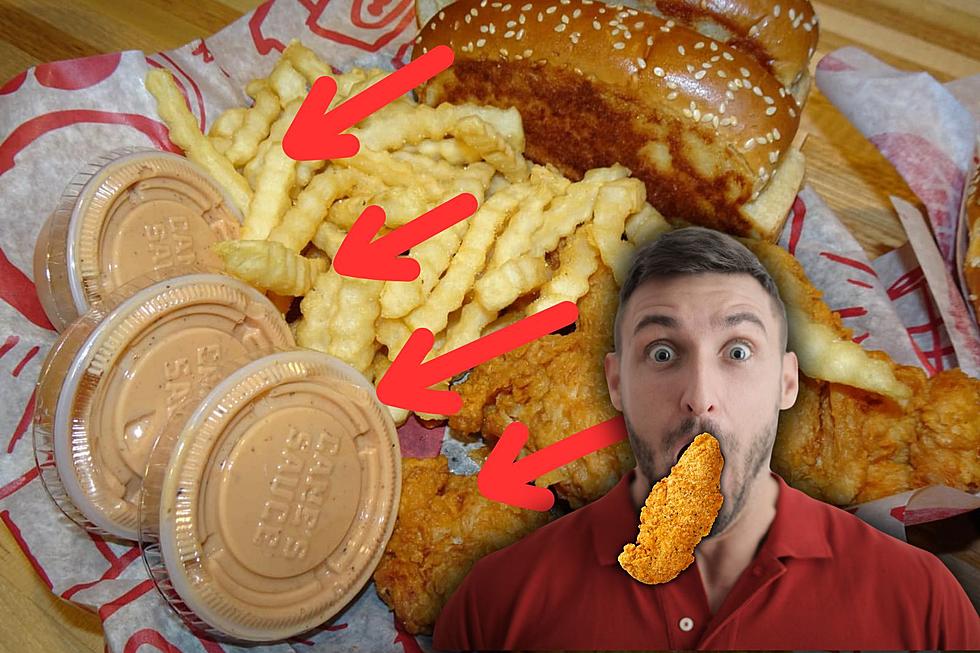
Rockford BBB Warns Of Flood Damaged Cars Being Sold In Illinois
You're probably well aware that the demand for used cars has skyrocketed in the wake of the pandemic because of the sparse availability of certain new car parts. That demand has opened the door for unscrupulous sellers.
All of the flooding we've seen down south because of Hurricanes Ida and Nicholas has created the opportunity for scam artists to move their flood damaged used cars up to the Midwest to sell in Chicago and Northern Illinois, says the Rockford Regional Office of the Better Business Bureau (BBB) and the Chicago Better Business Bureau.
Rockford BBB's Dennis Horton Explains How This Scam Happens
Dennis Horton, Director of the Rockford Regional Office of the BBB told the WROK Morning Show that conditions are almost perfect for scammers to move flood-damaged vehicles far away from where they were damaged and sell them to unsuspecting Midwestern buyers:
The current lack of available used cars provides an even greater threat for consumers, but a major opportunity for scammers. These vehicles typically appear at auto auctions, used car dealerships, and in classified and social media ads. The Better Business Bureau warns unsuspecting consumers, particularly those living in regions of the country unaffected by hurricanes or flooding, are often fooled by fresh upholstery, new carpeting and bargain prices.
What To Look For To Avoid Buying A Flood-Damaged Vehicle
It's really a bunch of little things that can tip you off to a possibly flood-damaged car or truck. Here are a few things you can do:
- Ask to see the title. Check the date and place of transfer verifying where the car came from. If the title is stamped "salvage" or arrived from a recently flood-damaged state, ask questions. Consider purchasing a vehicle history report of the vehicle, which includes information if the car has ever been tagged as “salvage” or “flood-damaged” in any state.
- Carefully check the dashboard. Examine all gauges to make sure they are accurate, and there are no signs of water. Look for indications that the dashboard may have been removed.
- Check the electronic components. Test the lights, windshield wipers, turn signals, cigarette lighter, radio, heater, and air conditioner several times to make sure they work. Also, flex some wires under the dash to see if they bend or crack, since wet wires become brittle upon drying.
- Check the interior spaces. Look in the trunk, glove compartment, and beneath the seats and dashboard for signs of mud, rust, or water damage. Check for open drainage holes in the bottom of the vehicle.
- Check the condition of the fabrics. Look for discolored, faded or mildewed upholstery, and carpeting. Recently shampooed carpets may be cause for concern. Carpeting that has been replaced may fit too loosely or may not match the interior color.
- Get a vehicle history report
- Remember to check under the hood
- Do a smell test. A heavy aroma of cleaners and disinfectants is a sign there may be a mold or odor problem.
- Get an inspection. Before buying any used car, consider having a pre-purchase inspection done by a trusted mechanic.
13 Stupid Illinois Laws
See the Must-Drive Roads in Every State
More From 97 ZOK







![[UPDATE] 5 Chain Restaurants We Want to Come to Rockford](http://townsquare.media/site/721/files/2024/04/attachment-FI-Chain-Restaurant-Wishlist-2.jpg?w=980&q=75)

